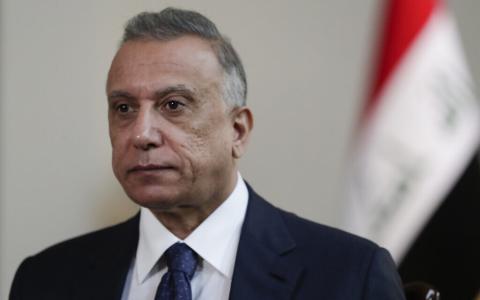
David Cameron: Opponents of Prevent are ‘enabling terrorism’
Muslim Council of Britain: ‘We are exercising our democratic responsibility to scrutinise bad policy’
LONDON: Former British Prime Minister David Cameron has accused Muslim groups that have criticized the UK’s counter-extremism program Prevent of “enabling terrorism.”
In an op-ed for The Times, he said the government had failed to challenge criticism that it was an “Islamophobic” policy, and people who did not criticize incorrect views about the program were “guilty of ‘passive tolerance,’ whereby society fails to interfere in minority communities for fear of appearing racist.”
The op-ed comes ahead of a review into the program set to be published by right-leaning think tank Policy Exchange.
The London-based influential think tank will argue in the paper that the government should end all ties to organizations that have “undermined” Prevent.
Policy Exchange argues that these groups have created a “grievance” culture of false victimization that pushes British Muslims away from engaging with counter-extremism authorities.
Established in 2006, Prevent is the government’s primary counter-extremism strategy, seeking to engage with local communities where there are fears of radicalization taking place.
But it has been met with criticism from Muslim groups that say it targets Muslims disproportionately, and civil society outfits that accuse the strategy of having a pernicious effect on free speech.
Prevent is undergoing a long-awaited review, and has come under fire for failing to protect the public from recent terrorist attacks.
Terrorists who have been engaged with the program but went on to commit violent acts include Ali Harbi Ali, who murdered Conservative MP Sir David Amess last year.
Home Secretary Priti Patel has said an overhaul of Prevent is coming after the review is published.
The Muslim Council of Britain said: “Policy Exchange has consistently led efforts to discourage co-operation between the authorities and the Muslim Council of Britain. It is therefore laughable that Policy Exchange should now claim that we are the ones discouraging co-operation because we are exercising our democratic responsibility to scrutinise bad policy.”












